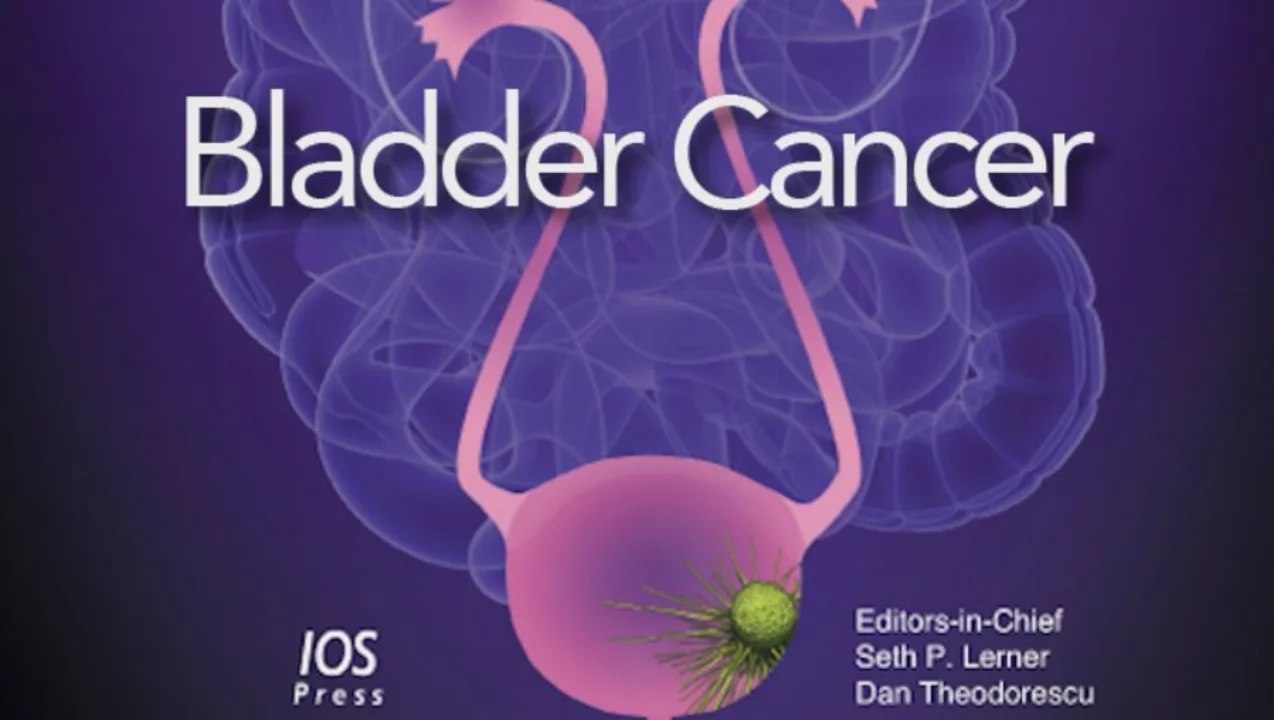Capecitabine (Xeloda): What You Need to Know
Capecitabine is an oral chemotherapy drug often known by the brand name Xeloda. Doctors commonly use it for colorectal and certain breast cancers. Because you take it at home as a pill, it feels different from IV chemo—but it still needs careful handling, dose timing, and monitoring.
How capecitabine works and common dosing
Capecitabine is a prodrug that turns into 5‑FU (5‑fluorouracil) inside the body, attacking cancer cells that divide quickly. A typical single‑agent schedule is 1250 mg/m² taken twice daily for 14 days, then 7 days off (a 21‑day cycle). When combined with other chemo drugs, your doctor may use a lower dose (for example, around 1000 mg/m² twice daily). Your exact dose depends on body surface area, kidney function, and other medicines you take.
If you miss a dose, call your oncology nurse. Don’t double up. Always take pills with water within about 30 minutes after a meal unless your provider tells you otherwise. That helps with absorption and stomach upset.
Side effects, monitoring, and safety tips
The most common problems are hand‑foot syndrome (red, sore palms or soles), diarrhea, nausea, fatigue, and low blood counts. Hand‑foot can show up as tingling, blistering, or peeling; early reporting makes it much easier to manage. Severe diarrhea or fever needs same‑day medical attention.
Your care team will check blood counts, kidney and liver tests before and during treatment. Capecitabine needs dose adjustments if your kidneys don’t clear drugs well — for example, significant dose cuts are used for moderate renal impairment and it’s usually avoided if creatinine clearance is very low. Tell your doctor about all meds, especially blood thinners like warfarin (which can have stronger effects), certain heart drugs, and strong CYP enzyme inhibitors.
Pregnancy and breastfeeding are high‑risk times for capecitabine — use effective contraception and discuss family planning with your oncologist well before starting.
Practical buying and affordability tips: capecitabine is prescription‑only. Ask your clinic about generics, patient assistance programs, and pharmacy price checks. If using online pharmacies, verify accreditation, require a valid prescription, and avoid sellers offering large discounts without paperwork. Cheaper isn’t worth a safety tradeoff.
Bottom line: capecitabine lets many people stay out of clinic for doses, but it still needs real monitoring. Ask clear questions at each visit — how to take the pills, what side effects to watch for, and any warning signs that require immediate care. Your oncology team should give a written schedule and contact numbers; keep that handy.
The role of capecitabine in treating bladder cancer
As a blogger, I recently came across some intriguing information about the role of capecitabine in treating bladder cancer. Capecitabine is an oral chemotherapy drug that has proven to be effective in treating various types of cancer. In the case of bladder cancer, it works by inhibiting tumor growth and preventing the spread of cancer cells. This treatment option can be particularly beneficial for patients who are unable to tolerate or respond to other standard chemotherapy drugs. Overall, capecitabine offers a promising alternative for those battling bladder cancer, and I'm excited to see how medical advancements continue to improve cancer treatment options.
Read More
